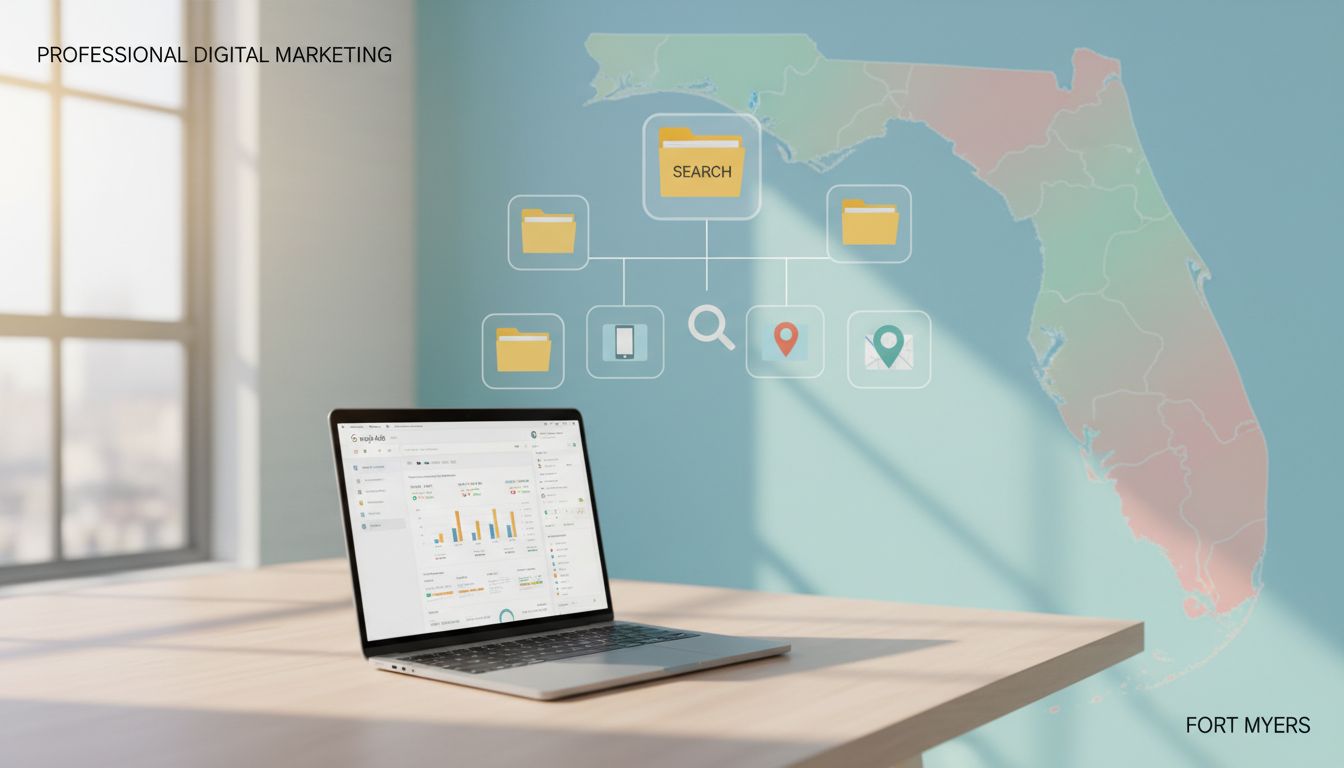The Different Industries That Can Utilize Digital Marketing
In recent years, more and more companies have been relying on online presence to reach more prospects and present their offerings. After all, many people are online most of the time, so it is only a matter of knowing how to capture their attention. For this reason, digital marketing is extensively used.
At its core, digital marketing involves promoting a company's products and services. Digital marketing involves content marketing, search engine optimization, social media marketing, and email marketing, all used to reach potential customers and build relationships. If digital marketing is not utilized, companies may miss out on potential customers and fail to take advantage of opportunities available in the digital world.
With this in mind, many industries can rely on digital marketing. Some of them include the following:
Auto Dealerships
Auto dealerships have an excellent opportunity to reach out to potential customers online. With digital marketing, auto dealers can create content tailored to their target audience's interests. This can include informative blog posts about the latest car models, videos showcasing the features of the cars, and advertisements on social media platforms.
Moreover, auto dealers can use email marketing to send out promotional offers and discounts to their customers. This can help them build relationships with potential customers and encourage them to visit their dealership. Finally, auto dealers can use social media to engage with followers, answer customer queries, and share information about upcoming events and offers.
Construction Companies
Construction companies can reach out to potential customers online through digital marketing. They can create content tailored to their target audience's interests, such as informative blog posts about the latest construction trends, videos showcasing their work, and advertisements on social media platforms. Additionally, construction companies can use email marketing to send their customers promotional offers and discounts. This can help them build relationships with potential customers and encourage them to contact them for services.
E-commerce
The eCommerce industry might be the leading business sector in the digital age. With the rise of online shopping, it has become increasingly important for eCommerce businesses to have a strong digital presence. To do this, they must utilize various digital marketing strategies.
One of the most effective tactics is search engine optimization (SEO). This involves optimizing a website's content and structure to improve its ranking on search engine results pages. Additionally, companies can use pay-per-click (PPC) advertising to ensure the right people see their ads. This can be done through platforms like Google Ads.
Social media marketing is also essential for eCommerce businesses. This involves creating content and engaging with customers on social networks like Facebook, Twitter, and Instagram to build brand awareness and customer loyalty.
Healthcare
The healthcare industry is rapidly evolving in the digital age. Technology has enabled healthcare providers to provide more efficient, personalized patient care.
Content marketing is one of healthcare organizations' most important digital marketing strategies. Content marketing involves producing and distributing relevant, valuable content to attract and retain patients. This content can be in the form of blog posts, articles, infographics, and videos, among other things.
Search engine optimization (SEO) is another essential digital marketing strategy for healthcare providers. This involves optimizing a website's content and structure to improve its ranking on search engine results pages. Additionally, healthcare organizations can use pay-per-click (PPC) advertising to ensure the right people see their ads.
Hospitality
The hospitality industry includes hotels, events, entertainment, and food services. Digital marketing is vital for hospitality businesses to promote services and reach potential customers.
Social media is an excellent way for hospitality businesses to engage with their target audience. They can post content such as photos, videos, and articles related to their services and establish a connection with their customers. Additionally, social media is an excellent platform for hosting contests and giveaways to attract more customers.
Email marketing is another excellent tool for hospitality businesses. They can send newsletters and promotional emails to their customers to inform them of events, discounts, and other offers. Consequently, they can use email marketing to build relationships with potential customers and encourage them to book services.
Restaurants
The restaurant industry is highly competitive, and digital marketing is essential for restaurants to reach potential customers. Social media is an excellent way for restaurants to promote services and engage with their target audience. They can post content such as photos, videos, and articles related to their cuisine and establish a connection with their customers. Additionally, social media is an excellent platform for hosting contests and giveaways to attract more customers.
Retail Businesses
Retail businesses must strive to stand out and build a loyal customer base. Digital marketing is a great tool to help them achieve these goals. Social media is an excellent platform for retail businesses to promote their products and services and engage with customers. They can post content such as product reviews, tutorials, and customer stories to build customer trust and credibility.
Conclusion
With the rise of digital marketing, any industry that doesn’t get on the trend will be left behind. Because of this, any digital marketing business must do whatever it can to stand out from the competition. This way, they can build a loyal customer base and ensure their continued success.
Yeppy Marketing provides top-quality services for
digital marketing in Fort Myers. We understand the needs of businesses, so we develop comprehensive marketing solutions to ensure your goals are achieved. Mail us today at hello@yeppymarketing.com and allow us to build your strategy!
Featured Resources




